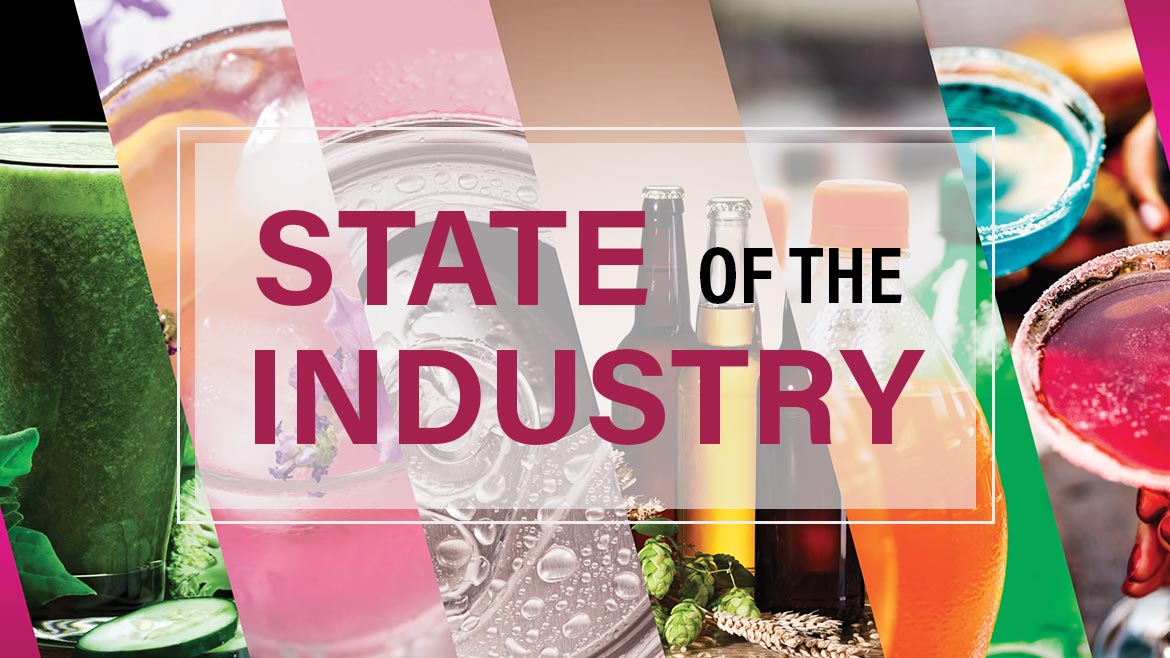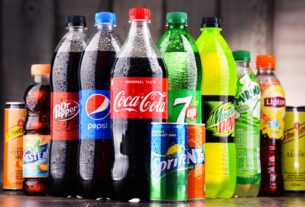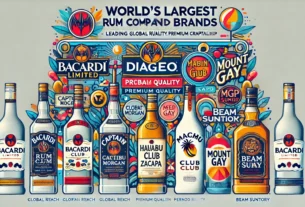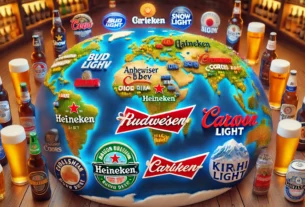The beverage industry encompasses a wide range of sectors, each with its unique products, market dynamics, and consumer base. Here are the different types of beverage business industries:
1. Non-Alcoholic Beverages
- Soft Drinks: Carbonated beverages like colas, lemon-lime sodas, and root beers.
- Juices: Fruit and vegetable juices, smoothies, and juice blends.
- Bottled Water: Still and sparkling water, flavored water.
- Tea and Coffee: Ready-to-drink teas, iced teas, bottled teas, coffee, and cold brews.
- Functional Beverages: Energy drinks, sports drinks, vitamin-infused water, and probiotic drinks.
- Plant-Based Beverages: Almond milk, soy milk, oat milk, rice milk, and other non-dairy alternatives.
- Dairy-Based Beverages: Milk, flavored milk, milkshakes, and yogurt drinks.
2. Alcoholic Beverages
- Beer: Craft beers, lagers, ales, stouts, and pilsners.
- Wine: Red wine, white wine, rosé, sparkling wine, and fortified wine.
- Spirits: Whiskey, vodka, rum, gin, tequila, brandy, and liqueurs.
- Cider and Perry: Fermented apple and pear beverages.
- Ready-to-Drink (RTD) Alcoholic Beverages: Premixed cocktails, hard seltzers, and flavored malt beverages.
3. Hot Beverages
- Coffee: Ground coffee, instant coffee, coffee pods, and coffee beans.
- Tea: Loose leaf tea, tea bags, herbal teas, and specialty teas.
- Hot Chocolate and Malted Drinks: Cocoa drinks, hot chocolate mixes, and malted milk drinks.
4. Health and Wellness Beverages
- Nutritional Drinks: Protein shakes, meal replacement drinks, and fortified beverages.
- Detox Drinks: Detox teas, detox waters, and cleansing juices.
- Medical Nutrition: Beverages designed for specific health conditions or nutritional needs.
5. Specialty Beverages
- Ethnic and Traditional Beverages: Kombucha, kefir, kvass, and other traditional drinks.
- Craft Beverages: Small-batch and artisanal drinks, including craft sodas and craft cocktails.
- Mocktails and Non-Alcoholic Spirits: Alcohol-free versions of popular cocktails and spirits.
6. Beverage Ingredients and Additives
- Flavorings and Syrups: Concentrated flavors, syrups for mixing, and sweeteners.
- Functional Ingredients: Vitamins, minerals, botanicals, and adaptogens.
- Colorings and Preservatives: Natural and artificial additives for enhancing shelf life and appearance.
7. Beverage Packaging and Distribution
- Packaging: Bottles, cans, cartons, kegs, and pouches.
- Distribution and Logistics: Warehousing, transportation, and supply chain management for beverages.
8. Beverage Equipment and Machinery
- Production Equipment: Brewing, distilling, and bottling equipment.
- Dispensing Equipment: Vending machines, soda fountains, and coffee dispensers.
- Home Beverage Systems: Home brewing kits, soda makers, and coffee machines.
9. Beverage Services
- Catering and Event Services: Beverage catering for events, parties, and corporate functions.
- Beverage Consulting: Consulting services for beverage formulation, marketing, and business strategy.
- Beverage Education and Training: Sommelier courses, brewing schools, and barista training.
10. Emerging and Niche Markets
- CBD-Infused Beverages: Drinks infused with cannabidiol (CBD) for wellness benefits.
- Hybrid Beverages: Combinations of different beverage types, like beer-wine hybrids or coffee-infused energy drinks.
- Sustainable and Eco-Friendly Beverages: Products with a focus on environmental sustainability and ethical sourcing.
Each of these sectors presents unique opportunities and challenges, catering to diverse consumer preferences and market demands. The beverage industry continues to evolve, driven by innovation, health trends, and changing consumer lifestyles.



